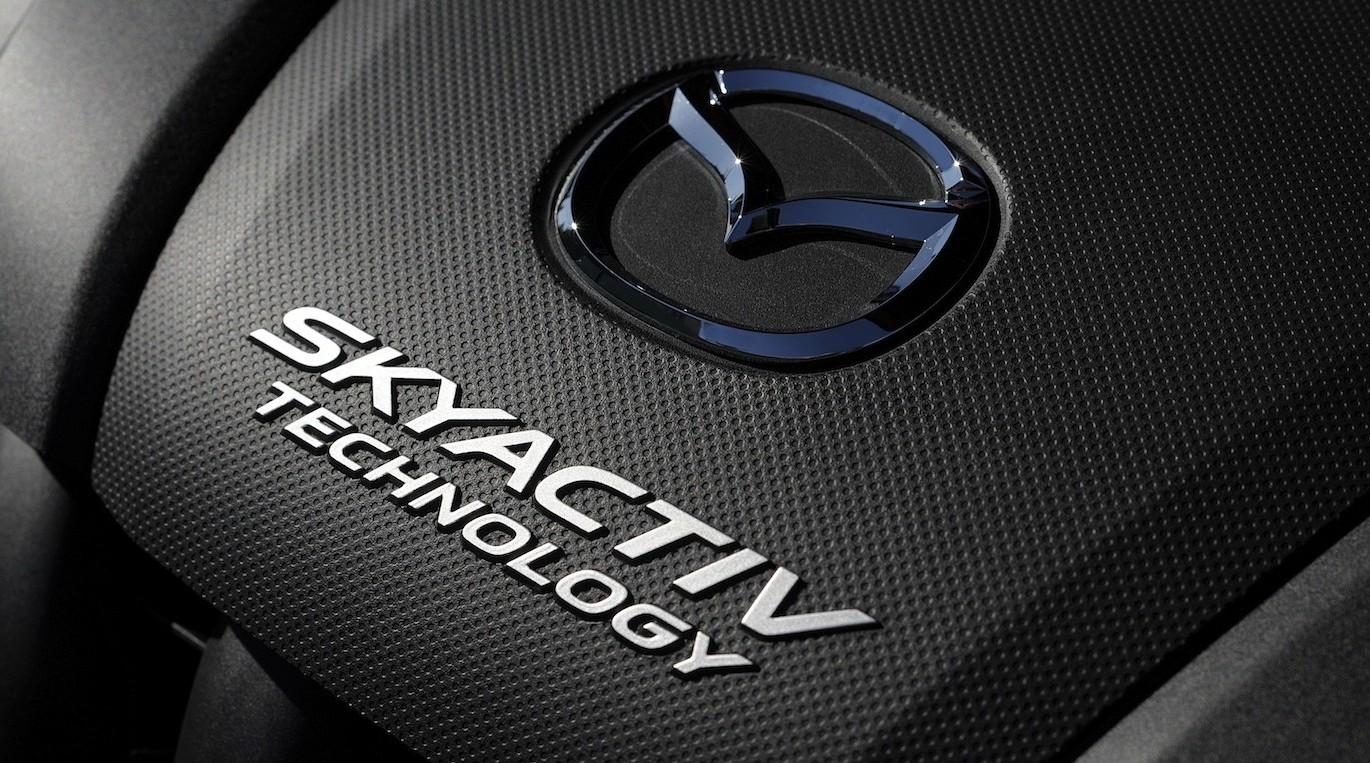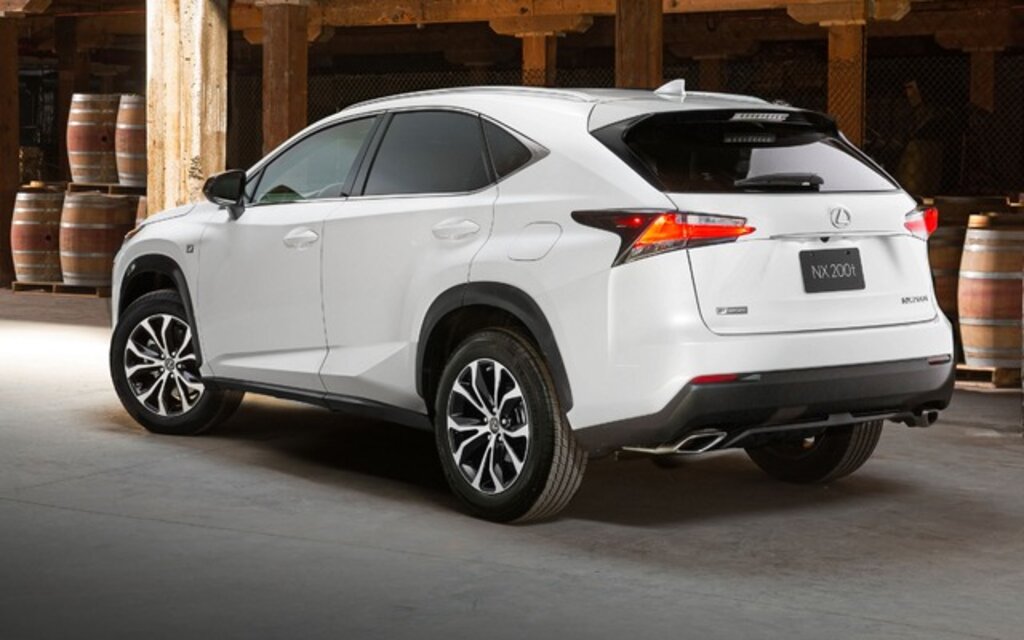Mazda SKYACTIV Technologies Explained
Wed, 07/24/2013 - 04:08
Mazda keeps boasting about their new SKYACTIV technologies which they say will make their cars more fun to drive and more efficient as well. So much so that one would think it’s something akin to witchcraft!
In terms of the engines, there are two SKYACTIV versions: SKYACTIV-G – compression ratio of 14:1, higher than a Formula 1 engine, resulting in a 15% increase in fuel economy, and SKYACTIV-D – compression ratio of 14:1 – the world’s lowest of any mass-produced diesel engine delivers a 20% increase in fuel economy. It also covers the transmission: SKYACTIV-Drive automatic transmission delivers a direct driving feel with up to 7% improvement in economy.
The Mazda CX-5, which will be seen in production form for the first time at the Frankfurt motor show, will be the first Mazda built using Mazda’s SKYACTIV technology.
Here’s some deeper technical details on the technology and its uses for end users:
Mazda’s radical new SKYACTIV technology encompasses the whole car, through the intelligent application of advanced engine, transmission, body and chassis technology and lightweight engineering. Mazda’s breakthrough SKYACTIV technologies deliver uncompromised driving pleasure and class-leading environmental and safety performance and will be an integral part of every new Mazda model that comes to market from 2012 and not just selected “eco” models.
Every Mazda driver will therefore fully benefit from this egalitarian approach to improved fuel economy and emissions which means lower road fund tax, less company car tax and smaller fuel bills. This flies in the face of the current trend of forcing environmentally-conscious drivers to pay a premium for economy-oriented and hybrid models.
SKYACTIV centres on three key areas – advanced engines with world-beating compression ratios, highly efficient transmissions, and sophisticated lightweight chassis technology for outstanding crash safety performance and enhanced driving enjoyment.
Up to 80 per cent of the energy contained in fuel is lost within a vehicle’s powertrain, so Mazda’s engineers adopted a radical back-to-basics approach to boosting the outright efficiency of their next-generation engines.
The new petrol-powered SKYACTIV-G engine features a class-leading compression ratio of 14:1 – higher than that of a Formula 1 engine. The result is 15 per cent increase in fuel efficiency, 15 per cent drop in CO2 – leading to lower road fund licence and benefit-in-kind bills – and an equally impressive 15 per cent hike in torque across the entire rev-range.
The SKYACTIV-D diesel engine, features an exceptionally low 14:1 compression ratio, coupled with two turbo chargers it posts some equally impressive figures, a full 20 per cent more economical than the powerplant it replaces, leading to reduced fuel costs and lower road fund licence and benefit-in-kind costs. It revs smoothly and cleanly to a high 5,200rpm and easily meets EU Stage 6 emission levels.
Rather than develop a range of transmissions to meet the different requirements of its global markets, Mazda’s drivetrain engineers took the bold decision to develop just two all-new six-speed transmissions to effectively deliver market demands.
The SKYACTIV-Drive six-speed lock-up automatic transmission brings together the best attributes of conventional step automatic transmissions, continuously variable transmissions and dual clutch transmissions in one compact and lightweight package. The result is a smooth and highly efficient gearbox that delivers up to 7 per cent better economy along with a direct feel and quick shift pattern – qualities aimed at the enthusiastic driver.
The SKYACTIV-MT is a lightweight six-speed manual transmission that has been designed to deliver crisp wrist-flick gear changes. Using a common second and third input gear and removing the reverse idle shaft has reduced the number of moving parts and trimmed its overall weight by 3kg.
Mazda’s SKYACTIV engineers also wanted to create a body that was stiffer and stronger, for enhanced dynamic performance and superior impact protection.
The new SKYACTIV-Body is the result of revisiting basic chassis principles and employs a forward-thinking straight and continuous basic framework in which each chassis section functions in a co-ordinated manner with other sections, creating a structure that disperses impact forces widely throughout the entire framework.
This, along with a 20 per cent increase in the amount of high-tensile steel, a higher proportion of weld-bonded sections and a markedly higher number of spot weld points has resulted in a body that is a full 30 per cent stiffer compared with current models in the Mazda range resulting in greater steering and suspension precision, meets the top tier criteria for crash safety assessments in all markets and an 8 per cent reduction in body in white weight, leading to significant reductions in fuel and emission based tax costs.
The SKYACTIV-Chassis is an impressive 14 percent lighter than before, and features suspension and steering systems that have been redeveloped from scratch to reinforce Mazda’s trademark driving dynamism while still achieving a lower overall weight, benefiting driving dynamics, economy and emissions.
The strut front and multi-link ear layout features lightweight construction as well optimised linkages and bushes for enhanced agility and greater ride comfort. A new electric power-steering set-up with a higher steering ratio, along with a new lightweight and highly rigid cross member results in exceptional steering precision and feedback.

[{"target_id":"257176","alt":null,"title":null,"width":"1370","height":"763","url":"\/sites\/default\/files\/articles-images\/5f\/f32c592ab8fd3553ac3ef8e98b9b86ce.jpg"},{"target_id":"257177","alt":null,"title":null,"width":"995","height":"384","url":"\/sites\/default\/files\/articles-images\/69\/mazda-skyactiv-technologies-explained.jpg"}]




